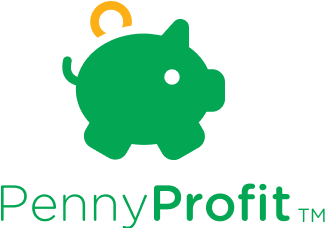2020 will be a year that nobody forgets. A year where staying in and saving money became the cool thing, or more correctly, the only thing, to do. It is an anxious, stressful time for many as people are losing their jobs and small businesses are closing their doors for good.
When each day feels like there is a new disaster, it can seem impossible to be motivated towards positive change. However, doing something is always better than doing nothing. Here are some structured ways to make the most of this rapidly changing time, invest in future growth, and be as prepared as possible for when the world starts up again.
1. Take advantage of online courses and certification programs like those offered by Harvard. Whether you want to learn about financial security, world religions, or even how to design the next Animal Farm, there is a course out there for you.
2. Turn a hobby into a side hustle. What is the old saying? Find something you’re passionate about and never work a day in your life? See if you can take an existing hobby and turn it into a side hustle or a full time gig. Even better if you can work remotely!
3. Update your social media. Be honest, did you even remember that you have a Linkedin account? With more than 95% of recruiters regularly perusing the site it is a good idea to have an updated, polished presence on this social media platform that many of us create and forget. In addition, be sure to keep your Facebook, Twitter, and Instagram portraying the personal brand you want your boss to see. Save those party photos for Snapchat.
4. Revitalize your resume. Have you learned a new skill in the past year that you can add to your resume? Perhaps you added a certification through the many schools offering free online courses during the Corona virus? Whatever the case may be, many of us have added something to our skillset since the last time we dug out our resume. Take advantage of this downtime and create your 2020 resume.
5. Examine your spending. Right now, many are considering what is truly essential. Do you have subscriptions to services you never use? What spending categories can you reduce or eliminate? How is your savings plan going? Even little changes can make a difference, something as small as saving your spare change can net you an extra $20-$200 per month.



